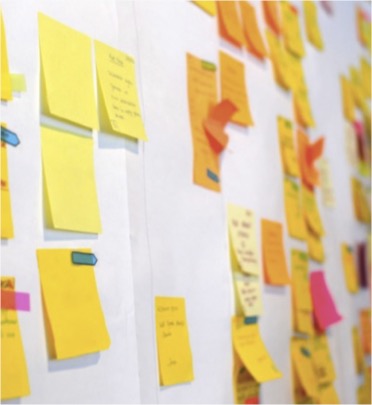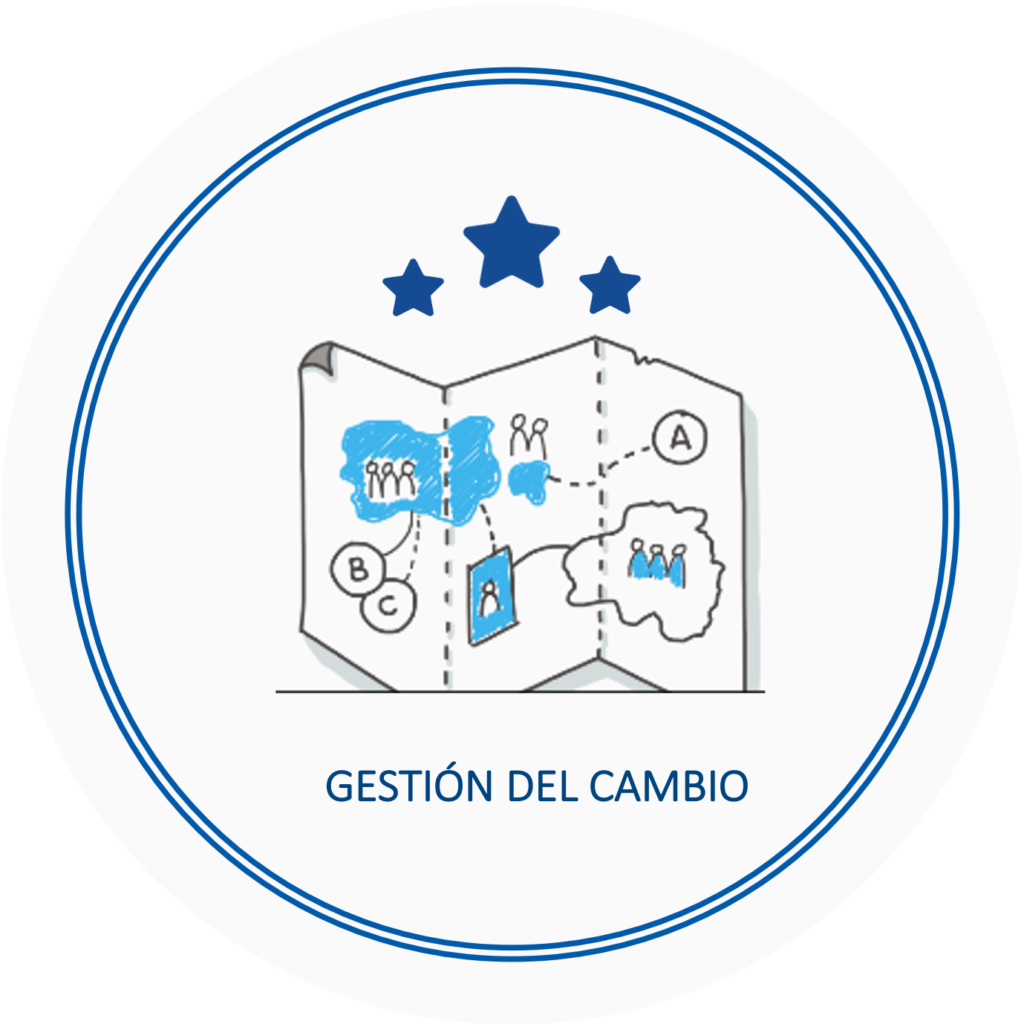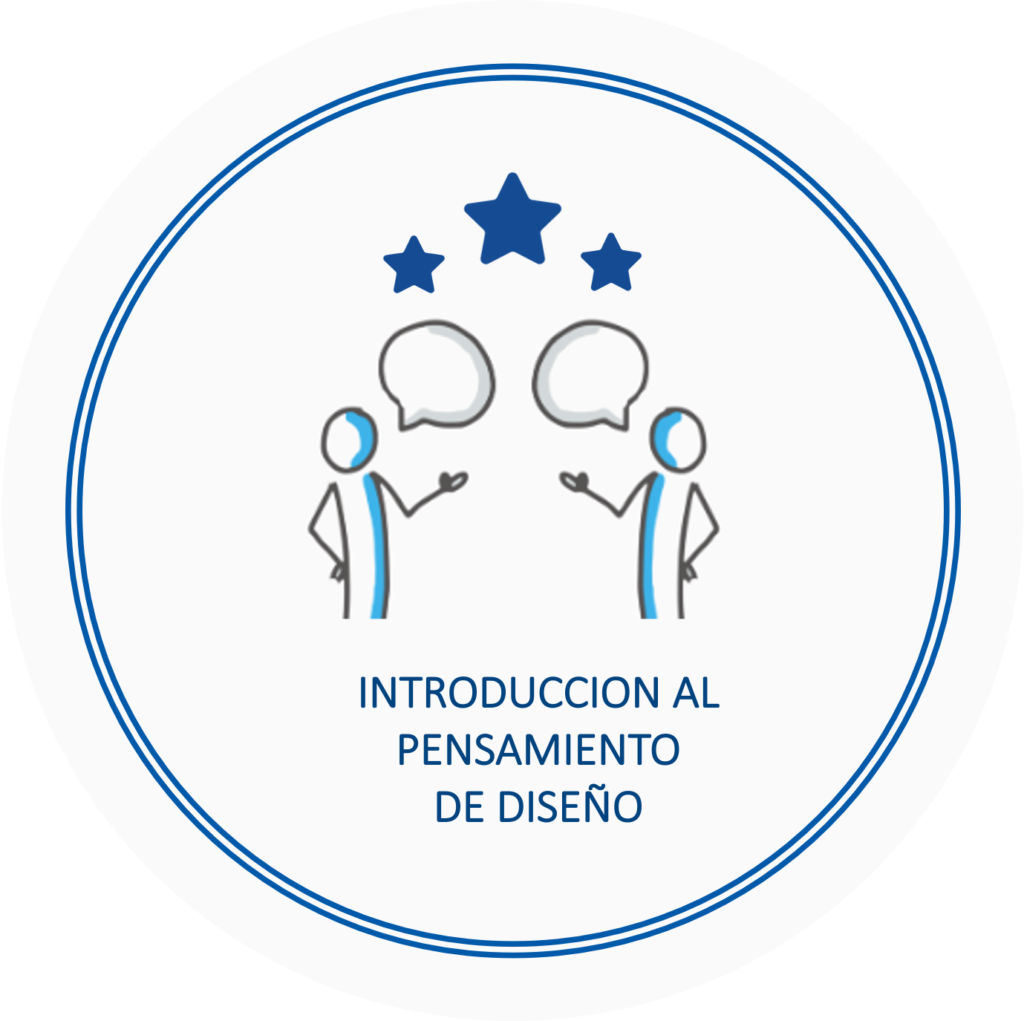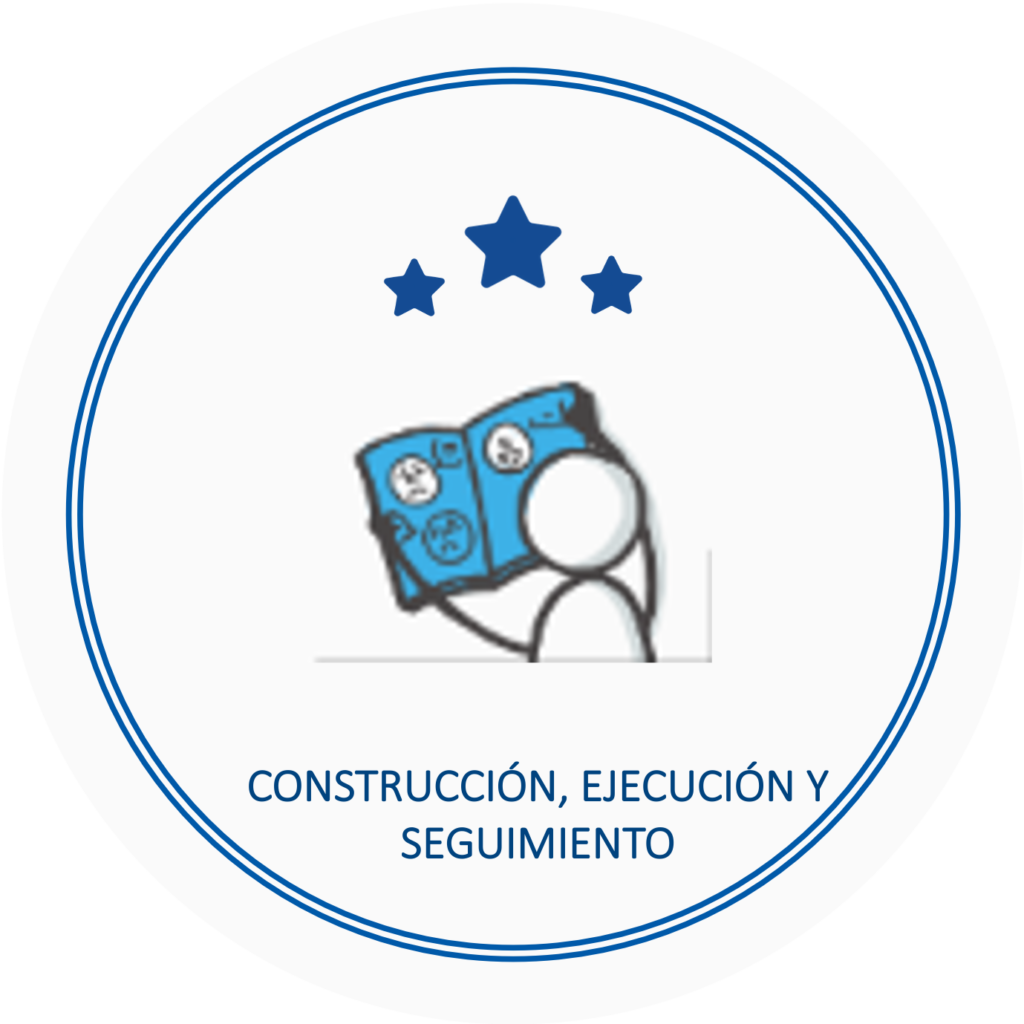
Change Management Program and Agile Methodologies

Target audience
Teachers, authorities and management teams from higher education institutions

Duración:
50 horas

Modality
Virtual tutorizado

Language
Spanish

Certification
Certification after passing the mandatory activities and digital credentials
Description
The Change Management Program and Agile Methodologies focuses on the evolution of the project management world and the adoption of agile frameworks and approaches that draw from diverse disciplines such as LEAN, Kanban, Scrum and Design Thinking, among others. These disciplines have been widely used in the world of organizations and are now being incorporated into educational contexts through specific initiatives such as EduScrum.
This program is aimed at universities, immersed in these complex and changing contexts, where adaptation to change is required as a basic competence.
It takes place at the IESALC Campus and is composed of synchronous learning and doubt resolution sessions and teamwork activities through online collaborative digital tools such as Mural.
Pillars:
Program structure

Objetives
Modules
Module 1: Change Management. Agile project management.

Module 2: Introduction to Design Thinking. Customer- focused design tools

Module 3: Customer Experience Design and Tracking Tools ento de experiencias de cliente

Module 4: New ways of working. Work tools for agile teams

For further information, please contact: soporte@campusiesalc.org